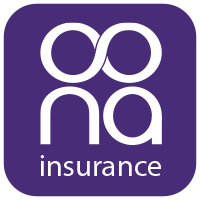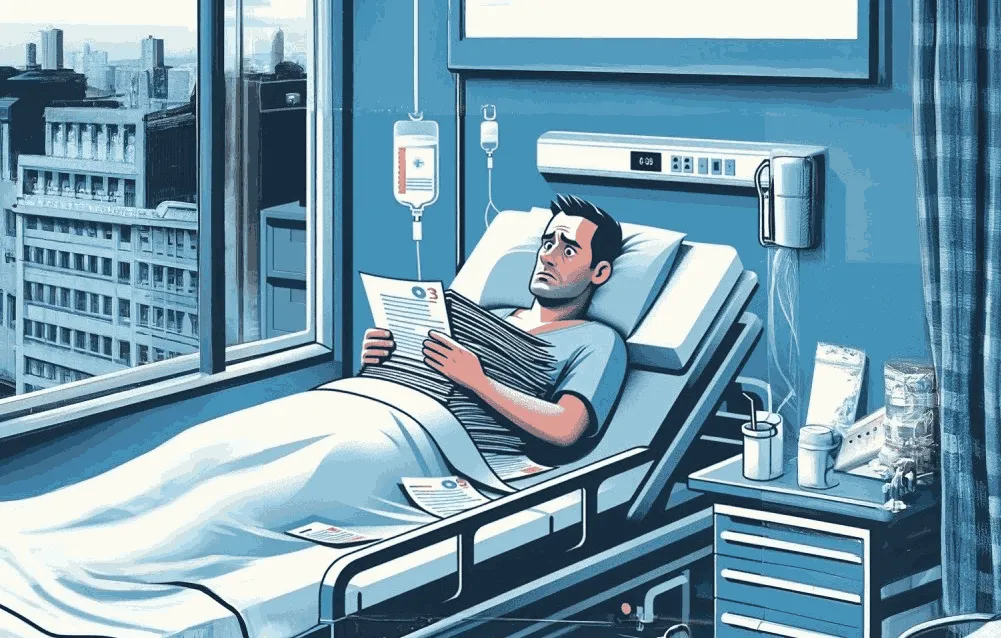What is Coronary Heart Disease?
Coronary heart disease is a condition where plaque builds up in the arteries that bring blood to your heart. This plaque is made of fat, cholesterol, calcium, and other things in your blood. When plaque builds up, it can slow down or block blood flow to the heart. If your heart doesn’t get enough oxygen, it can lead to a heart attack.
Causes of Coronary Heart Disease
Coronary heart disease is mainly caused by plaque buildup in the arteries that supply blood to the heart, blocking blood flow. This buildup can be triggered by high blood pressure, high cholesterol, smoking, diabetes, obesity, and not getting enough exercise. When these arteries narrow due to plaque, it can lead to sudden heart attacks.
Statistics and Key Facts about Coronary Heart Disease
According to the Philippine Department of Health, over 200,000 heart attacks happen each year in the Philippines. About 55% of these cases are in men and 45% in women. Unfortunately, around 40% of heart attack victims die before reaching the hospital, showing the urgent need for quick and effective treatment. (ABS-CBN).
Identifying Risk Factors for Coronary Heart Attacks
Your risk of having a heart attack can be higher if heart disease runs in your family. If a family member has had heart problems, you’re more likely to develop the same issues. This makes it important to know your family’s health history and get regular check-ups.
Lifestyle and Habits
Poor lifestyle choices, like eating a diet high in unhealthy fats, smoking, and not exercising, can raise your risk of heart disease. Eating too much processed food, sugary drinks, and carbs can lead to plaque buildup in your arteries. Smoking is especially harmful as it damages your arteries and speeds up heart disease. To keep your heart healthy, it’s important to eat nutritious foods and stay active.
Related Medical Conditions
Certain health conditions like high blood pressure, diabetes, and obesity can raise your risk of heart attacks. High blood pressure can damage your arteries and strain your heart, while diabetes can lead to plaque buildup in your arteries. Obesity increases the risk because it’s often linked to high blood pressure and diabetes. Managing these conditions with the right treatment and healthy lifestyle changes is key to lowering your heart attack risk.
Symptoms of Heart Attacks to Watch Out For
Chest pain is a key sign of a heart attack. It usually happens in the center or left side of the chest and may feel like pressure, tightness, or burning. The pain can be mild or severe, lasting for several minutes or coming and going. This pain happens because the heart isn’t getting enough blood due to blocked arteries.
Additional Symptoms
Shortness of breath and cold sweats are also signs of a heart attack. Shortness of breath happens because the heart isn’t pumping blood well, which can cause fluid to build up in the lungs. Cold sweats indicate that your body is under stress from the heart attack. You might also feel nausea, vomiting, dizziness, and extreme tiredness along with these symptoms.
Specific Symptoms in Women
Heart attack symptoms in women can be different from those in men. Women are more likely to feel shortness of breath, nausea or vomiting, and pain in the back or jaw. They might not always have the usual chest pain, which can make these symptoms harder to recognize as a heart attack. It’s important for women to be aware of these signs and get medical help right away if they experience them.
Effective Strategies for Preventing Coronary Heart Attacks
Living a healthy lifestyle is key to preventing coronary heart attacks. Some simple tips include eating a diet low in unhealthy fats and high in fiber, exercising regularly, and not smoking. Cutting back on salt and sugar can also help keep your blood pressure and blood sugar levels in check.
Importance of Regular Health Check-ups
Regular health check-ups are important for spotting heart disease early and keeping your heart healthy. By getting these routine exams, you can keep track of your heart’s condition and take steps to prevent problems. These check-ups usually include tests for blood pressure, cholesterol levels, and other assessments to make sure your heart is in good shape.
Managing Stress and Emotions
Managing stress and taking care of your mental health are also important for preventing heart attacks. Too much stress can raise your blood pressure and heart rate, increasing the risk of a heart attack. To handle stress, try activities like meditation, yoga, or hobbies you enjoy.
Conclusion
Understanding heart attacks and their risk factors is key to keeping your heart healthy. By knowing the signs like chest pain and shortness of breath and being aware of risk factors such as family history and poor lifestyle choices, you can take steps to prevent heart problems. This includes living a healthy lifestyle, exercising regularly, and getting regular check-ups. Remember, it's better to prevent heart issues than to deal with them later, so start taking care of your heart now.
For extra protection, consider heart attack insurance from Oona. This insurance can help cover high medical costs and ensure you get the best care without stressing about expenses.





















